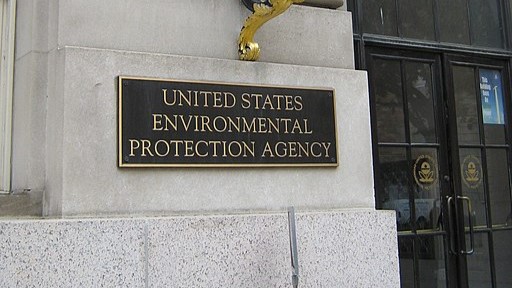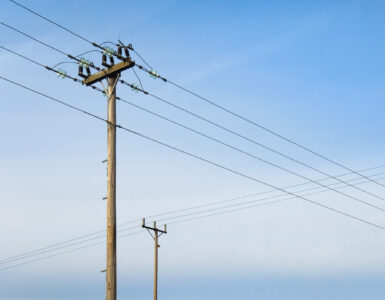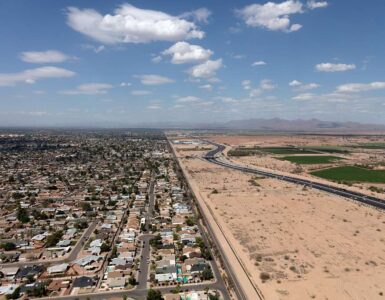A bipartisan coalition of Western state governors is seeking greater flexibility from the Biden administration in achieving the strict ozone standards in the Clean Air Act.
In a letter from Arizona Gov. Katie Hobbs (D), Colorado Gov. Jared Polis (D), Utah Gov. Spencer Cox (R), and Wyoming Gov. Mark Gordon (R), the governors cite “substantial regionally specific challenges” in meeting the law’s requirements, and say that they are “alarmed about the possible sanctioning of states that struggle to attain the standard.”
The challenges
The governors in their letter cite specific challenges borne by Western states in achieving the ozone standards:
- Elevated natural background ozone levels
- Biogenic contributors
- Internationally transported pollution
- Fast-growing populations
- Wildfires
Mobile sources, which are under federal regulatory jurisdiction, thus limiting states’ regulatory authority.
“Despite ongoing work by Western states to improve air quality, including through accelerating the adoption of low and non-emitting vehicle technology, improvements in the use of small off-road engines, and the implementation of innovative programs to control emissions from stationary sources, these regional challenges leave Western states with a narrow set of tools and a difficult path to meeting the requirements of the CAA and attaining the NAAQS.”
NAAQS refers to the National Ambient Air Quality Standard.
Potential sanctions undermine stated goals
Failure to meet the standards could result in a loss of federal highway dollars.
Losing out on highway dollars would undermine the goals of the Clean Air Act by halting projects that could reduce emissions and would undermine the goals of the Inflation Reduction Act and the bipartisan infrastructure law to modernize highway infrastructure to reduce congestion, which contributes to emissions.
Potential solutions
Among several potential solutions offered in their letter, the governors proposed:
- Greater cooperation between the EPA and Western states to identify how the Exceptional Events framework can reflect increased wildfire activity, “and provide more consideration for the emissions benefits of wildfire mitigation strategies in reducing air pollution in the West and nationally”; and
- Cooperation between the federal government and states to achieve a better process for the approval of projects with air quality benefits.
Business community: Jobs at stake
The National Association of Manufacturers last year said proposed EPA revisions to the NAAQs
would put at risk more than 300,000 manufacturing jobs nationally and would put more than a half-million jobs in a nonattainment zone by 2027.
Last year, Danny Seiden, the president and CEO of the Arizona Chamber of Commerce & Industry, said before a joint legislative committee on air quality that the challenge of pollution originating in other states and countries was particularly vexing.
“We are being punished for what other states and other countries are doing,” he said.
More Seiden: Stringent air quality rule will hurt our economic recovery and growth














Add comment